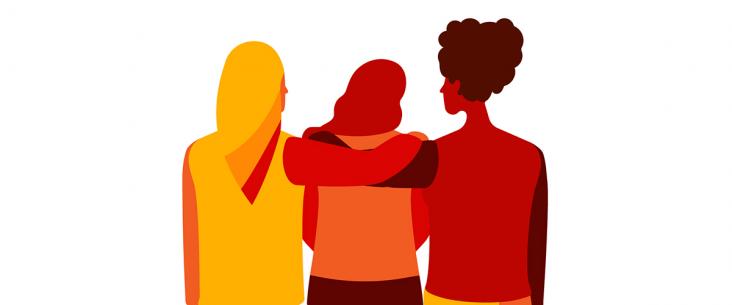Advancing SDGs 3, 5 and 16, this article discusses increased risk of family violence during COVID-19 pandemic and suggests that collaborations between human welfare and animal welfare agencies, expanding community partnerships, and informing the public of the great importance of reporting any concerns of abuse are all critical at this time.
Contributing to SDGs 3, 5 and 16, this paper examines the demographic profile of female victims with intellectual disablities who were sexually assaulted and the characteristics of sexual assault.
In this brief perspective piece, a rural sexual assault nurse examiner (SANE) program is described in the hopes that dissemination will lead to increased numbers of rural SANEs, increased reporting of sexual assaults in rural and underserved communities, increased prosecution rates of sexual assault perpetrators, and program sustainability through the provision of a nurse-centered approach to training and support. This article contributes SDGs 3, 5, 9, and 16.
Background: Research has revealed that survivors of childhood sexual abuse (CSA) have elevated sexual dysfunction and distress.
Background: Stay-at-home orders (lockdowns) have been deployed globally to control COVID-19 transmission, and might impair economic conditions and mental health, and exacerbate risk of food insecurity
Background: Stay-at-home orders (lockdowns) have been deployed globally to control COVID-19 transmission, and might impair economic conditions and mental health, and exacerbate risk of food insecurity
Purpose: The purpose of this study is to assess the current status of gender disparities in academic radiation oncology departments in the United States and the associated factors.

Violence against women and girls is one of the most widespread violations of human rights. Global estimates published by WHO indicate that about 1 in 3 (35%) of women worldwide have experienced either physical and/or sexual intimate partner violence or non-partner sexual violence in their lifetime. Since 1981, Women's rights activists have observed November 25th as a day against gender-based violence. To mark this event, Elsevier presents a curated, open access collection of 52 journal articles and book chapters to highlight to the urgent need to end violence against women and girls.
This chapter sets out to identify key dimensions of oppression and allyship in nursing, where nurses coming from dominant or privileged groups take action to reject and dismantle conditions of oppression.
An innovative approach towards the holistic and multidisciplinary study of the victimization of women by drug-facilitated sexual assault has been developed.
